Research Team
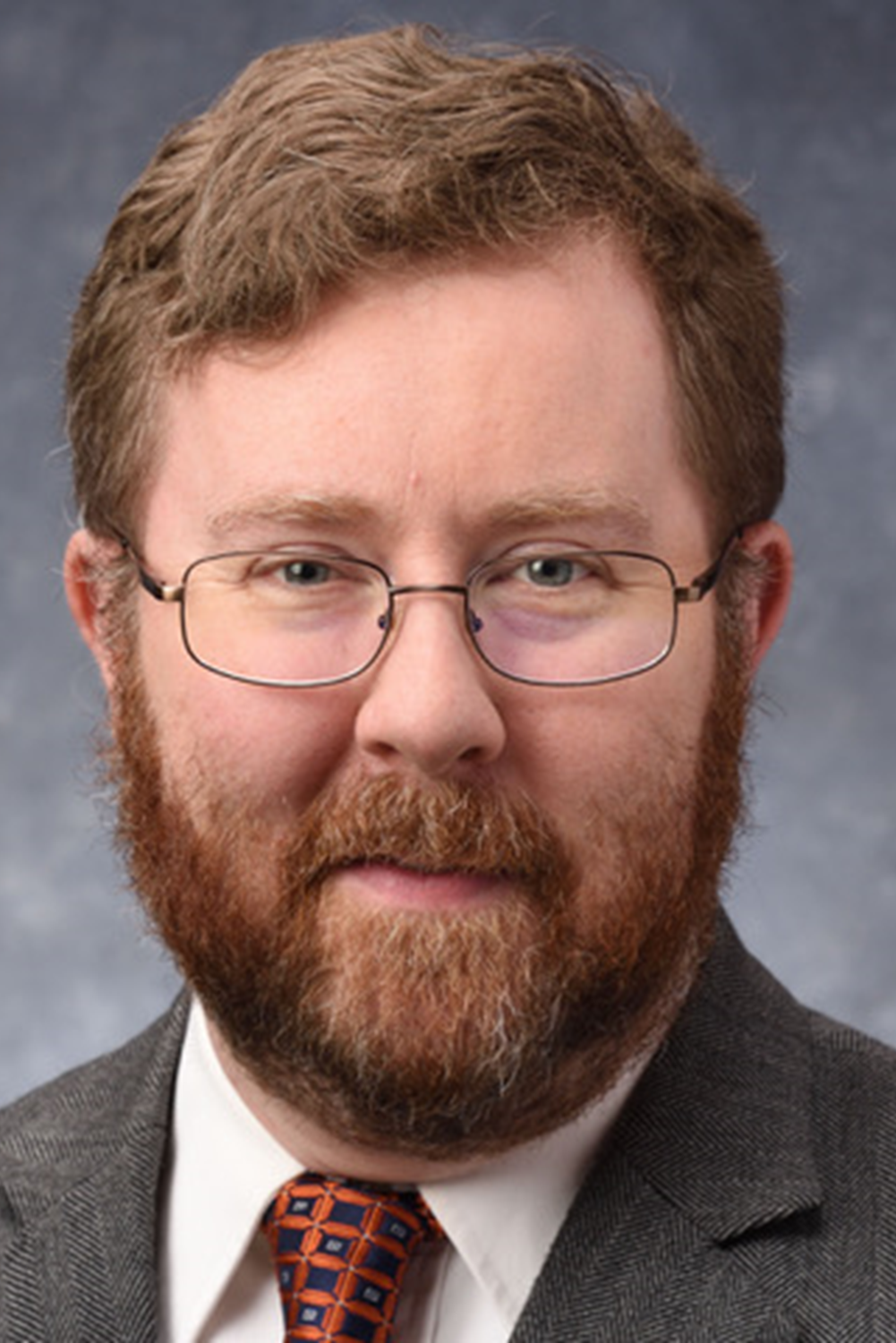
My independent research interests concern the dynamic composition of the vascular extracellular matrix (ECM), in particular the quantity and quality of elastic fibers that are present. Drawing on this experience, I have teamed up with the Director of the VBL to provide research oversight for the stem-cell derived tissue engineered vascular graft and abdominal aortic aneurysm therapeutics projects. Owing to the VBL’s position within the Department of Bioengineering at the Swanson School of Engineering, I also serve as a secondary, on-site mentor, for the pre-doctoral fellows within the lab (see below). In this role, I teach the trainees about writing manuscripts and grant proposals, following good tissue culture technique, and manufacturing fibrin gel constructs.
Administrative Office Coordinator
Office of David A.Vorp, Ph.D.
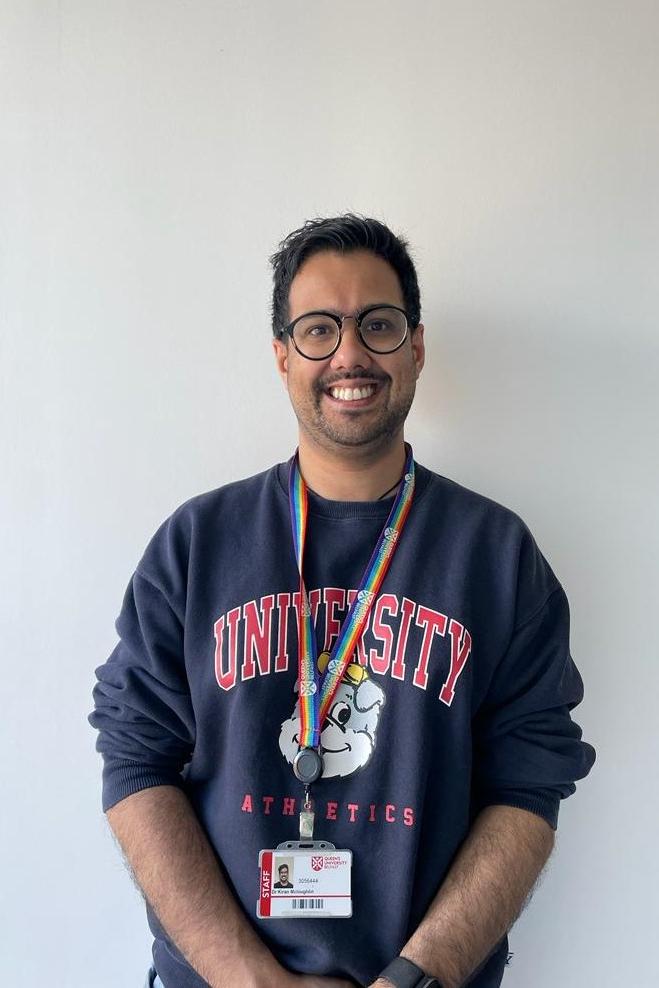
Kiran is a postdoctoral associate, investigating the use of clickable extracellular vesicles (EVs) to biomaterials in order to enhance potency in wound healing and Tissue Engineered Vascular Grafts (TEVGs). A native of Peterborough in the UK, Kiran completed his PhD at Queen's University Belfast (QUB) investigating the role of vascular progenitor cells in diabetic patients. Kiran first came to the VBL in 2023 after winning an Ireland-US research mobility fund prize, and liked it so much he decided to come back for a postdoctoral position. In his spare time, Kiran enjoys exploring the US, reading science fiction and watching his favourite sports teams lose important games.
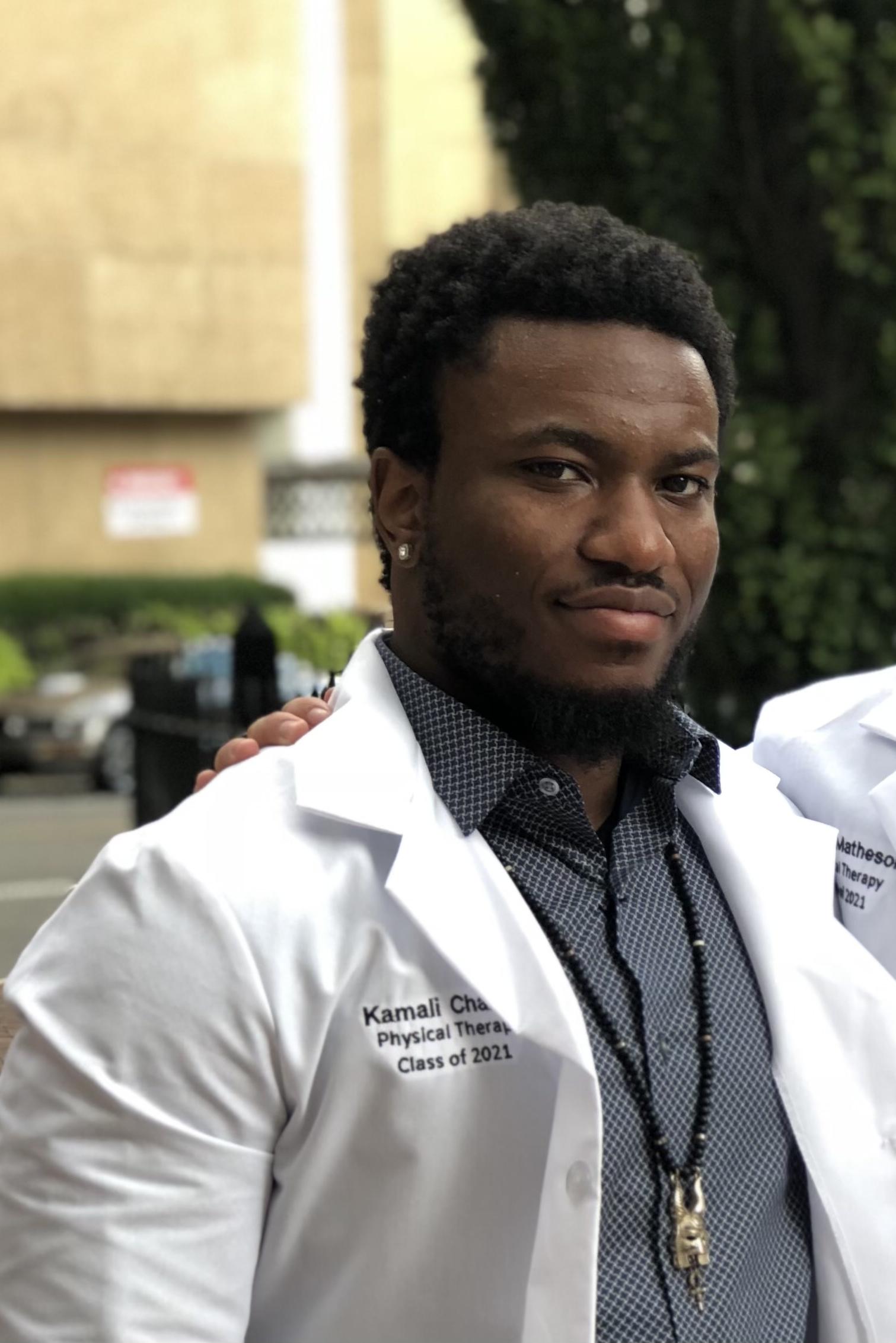
Kamali graduated from Virginia Commonwealth University’s Doctor of Physical Therapy program in May 2021, aiming to specialize in wound care management. Clinically, Kamali has taken key interest in diabetic and military patient populations who are at higher risk for tissue damage. He is currently interested in the application of tissue engineered vascular grafts as interventions for both acute and chronic arterial wounds. Additionally, he is investigating the capabilities of using cellular microparticles and extracellular vesicles to stimulate unhealing wound beds and aid in re-establishing cellular growth via the extracellular matrix.

Amanda is from Yardley, Pennsylvania. As an undergraduate, she received degrees in biomedical engineering and nursing at Duquesne University. She currently has her nursing license and works in the Artificial Heart Program at the University of Pittsburgh Medical Center. She is pursuing a PhD in bioengineering with a concentration in tissue engineering and regenerative medicine in the Vascular Bioengineering Laboratory. She is interested in understanding the acute remodeling and healing (e.g., thrombosis and endothelialization) in small-diameter tissue engineered vascular grafts (TEVGs).
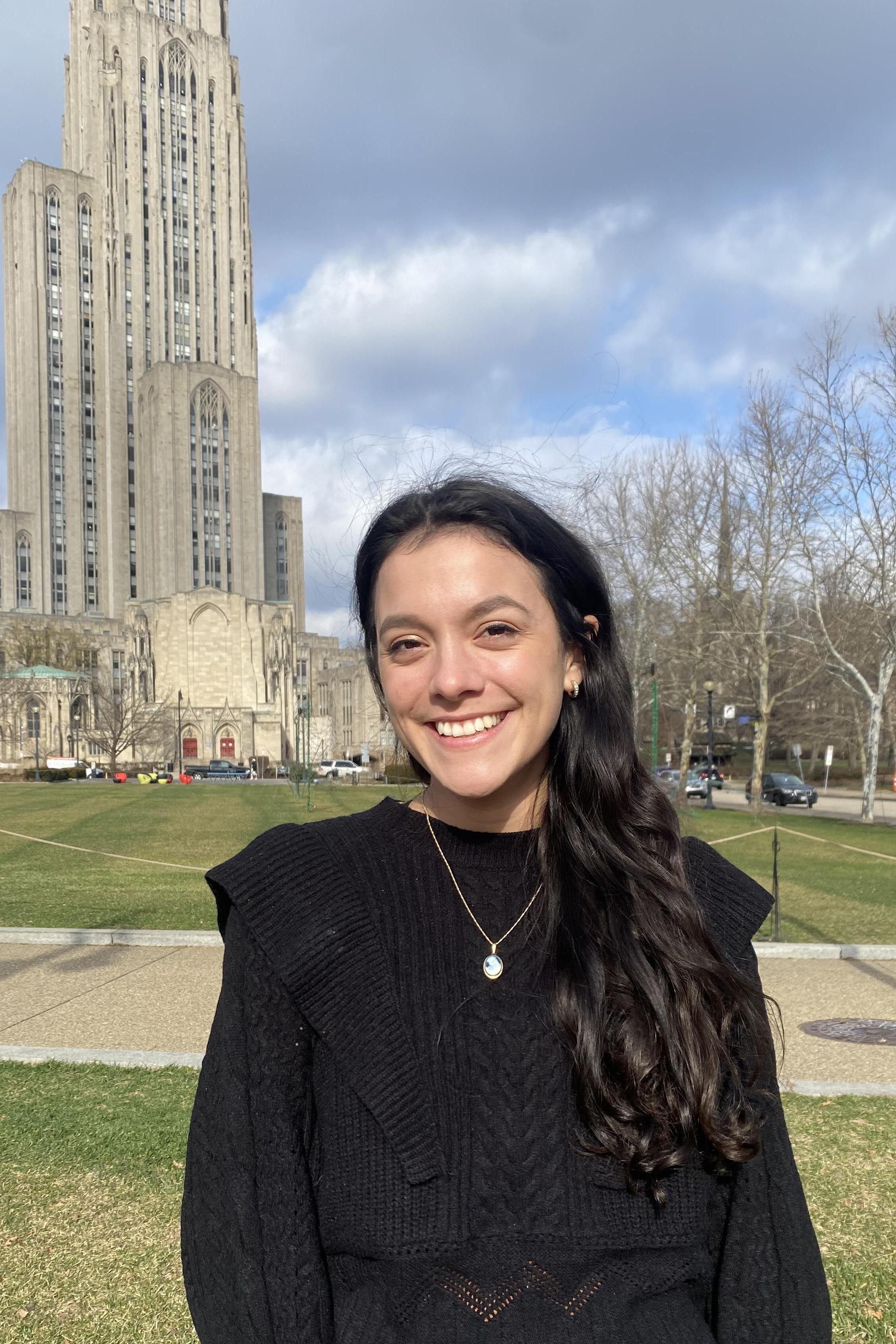
Isabelle is a graduate student researcher in the Vorp Lab, originating from St. Louis, MO. She earned her undergraduate degree in Materials Science and Engineering with an additional major in Biomedical Engineering from Carnegie Mellon University. During her graduate studies toward a PhD in bioengineering she is focusing on machine learning and microfluidic approaches to studying endometriosis. She has taken her interest in clinical translational research and applied it to EndoDx, a non-invasive machine learning diagnosis tool for endometriosis. She enjoys researching the endometriosis tissue response to different microenvironments in a microfluidic model, and how that can influence the angiogenesis and growth of the disease. In her free time, Isabelle enjoys running, hiking, and spending time with friends at local Pittsburgh treasures.

Kat hails from the Pittsburgh area. She first worked in the VBL in 2017 as a high school student as part of the UPMC Hillman Cancer Center Academy summer program. She went on to complete her undergraduate work at Purdue University, where she received a degree in Biomedical Engineering. Before beginning her graduate work in the VBL, Kat was a Fulbright Student research grantee to Germany. Kat is pursuing a PhD with a focus in vascular biomechanics, with a specific interest in sex-based differences.

Billy is originally from Michigan where he obtained his BS in Neuroscience and Human Biology at Michigan State University before obtaining his MD from Wayne State University School of Medicine. He matched into General Surgery residency at New York Medical College in New York City. He has joined the Vorp Lab to pursue academic and research interests in preparation to become a cardiothoracic surgeon and surgeon scientist. His research interests primarily lie in tissue engineering to develop and test a novel vascular graft for use in both cardiac and peripheral vascular applications. He has secondary interests in studying heart failure and mechanical circulatory support looking at patient outcomes pre and post intervention.
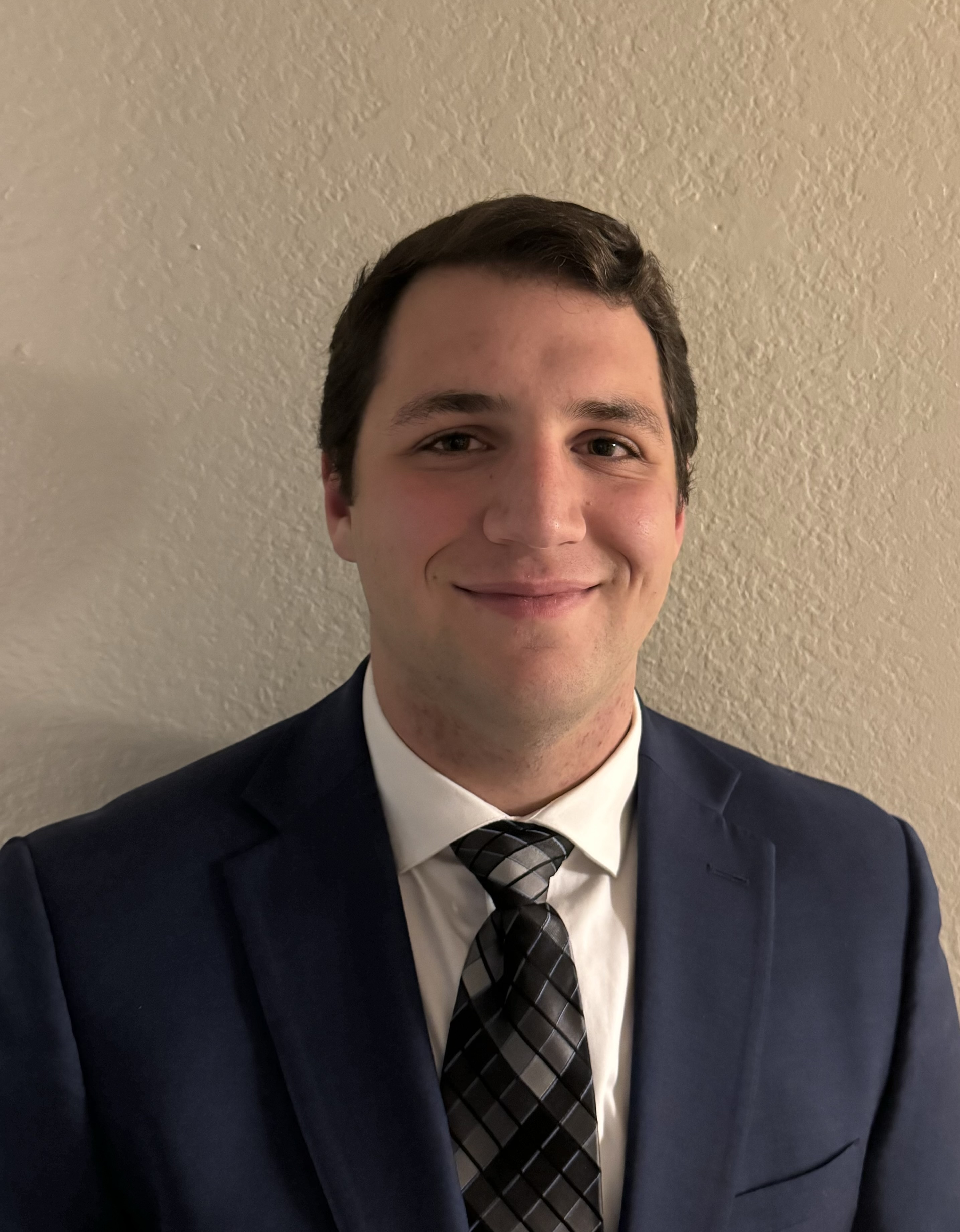
Kyle is a biomechanics research engineer in the Vascular Bioengineering Lab, where he conducts experimental vascular biomechanics research and works with electromechanical laboratory instrumentation. He enjoys troubleshooting mechanical systems, designing and fabricating testing prototypes, and developing analysis software. Originally from Virginia, he obtained his undergraduate and master's degrees in biomedical engineering from Virginia Tech. While at VT, his primary focus was biomechanics, conducting research as part of the Orthopedic Mechanobiology Lab. Outside of the lab, Kyle enjoys exploring Pittsburgh and coaching rugby.